Search Definitions
Browse Content (p. 125)
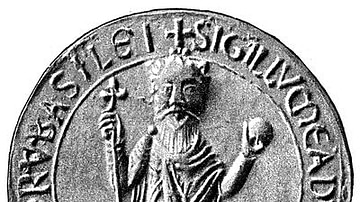
Definition
Edward the Confessor
Edward the Confessor, also known as Saint Edward the Confessor, reigned as king of England from 1042 to 1066 CE. Edward was reliant on the powerful Godwine (aka Godwin) family to keep his kingdom together but his achievements included a relatively...
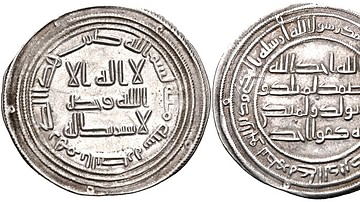
Definition
Umayyad Dynasty
The Umayyad Dynasty (661-750 CE), the first dynasty to take the title of Caliphate, was established in 661 CE by Muawiya (l. c. 602-680 CE), who had served as the governor of Syria under the Rashidun Caliphate, after the death of the fourth...

Definition
Ardashir I
Ardashir I (l. c. 180-241 CE, r. 224-240 CE) was the founder of the Persian Sassanian Empire (224-651 CE) and father of the great Sassanian king Shapur I (r. 240-270 CE). He is also known as Ardashir I Babakan, Ardeshir I, Ardashir the Unifier...
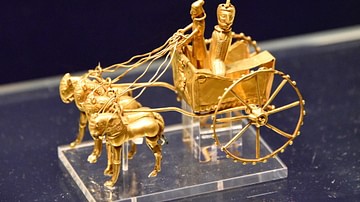
Definition
Oxus Treasure
The Oxus Treasure is a collection of 180 artifacts of precious metal, dated to the Achaemenid Empire (c. 550-330 BCE), which were discovered on the north bank of the Oxus River near the town of Takht-i Sangin in Tajikstan between 1876-1880...

Definition
Peasants' Revolt
The Peasants' Revolt, also known as the Great Revolt, was a largely unsuccessful popular uprising in England in June 1381. The rebellion's leaders included Wat Tyler and they wanted massive social changes which included a removal of the poll...
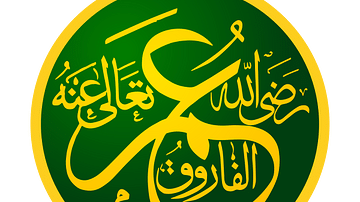
Definition
Umar
Umar ibn al-Khattab (r. 634-644 CE) was the second caliph of the Rashidun Caliphate (632-661 CE, as the first four caliphs are referred to by the Sunni Muslims). He was an early convert of Islam and one of the close companions of the Islamic...
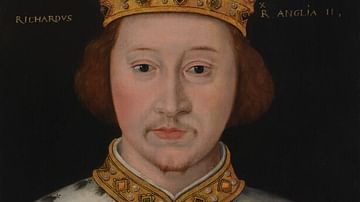
Definition
Richard II of England
Richard II of England reigned as king from 1377 to 1399 CE. The son of the late Edward the Black Prince (1330-1376 CE), Richard would succeed his grandfather Edward III of England (r. 1327-1377 CE), but as he was only 10 years of age, he...
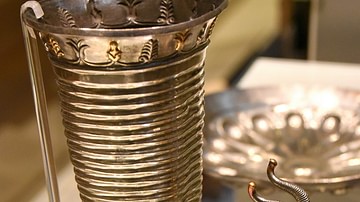
Definition
Ancient Persian Art and Architecture
Persian art and architecture in the present day is associated with the nation of Iran and usually designated as beginning with the Achaemenid Empire (c. 550-330 BCE) but has an even longer history with its origins dating back to before the...
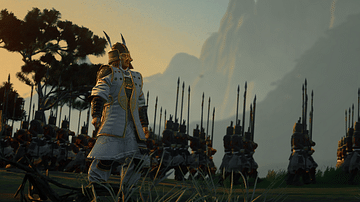
Definition
Battle of Red Cliffs
The Battle of Red Cliffs (also known as the Battle of Chibi, 208 CE) was the pivotal engagement between the forces of Northern China led by the warlord Cao Cao (l. 155-220 CE) and the allied defenders of the south under the command of Liu...

Definition
Chepstow Castle
Chepstow Castle, located in Monmouthshire, South Wales, was first built c. 1067 by William FitzOsbern and then significantly improved c. 1190 CE by Sir William Marshal (c. 1146-1219 CE), one of England's greatest ever knights who served four...